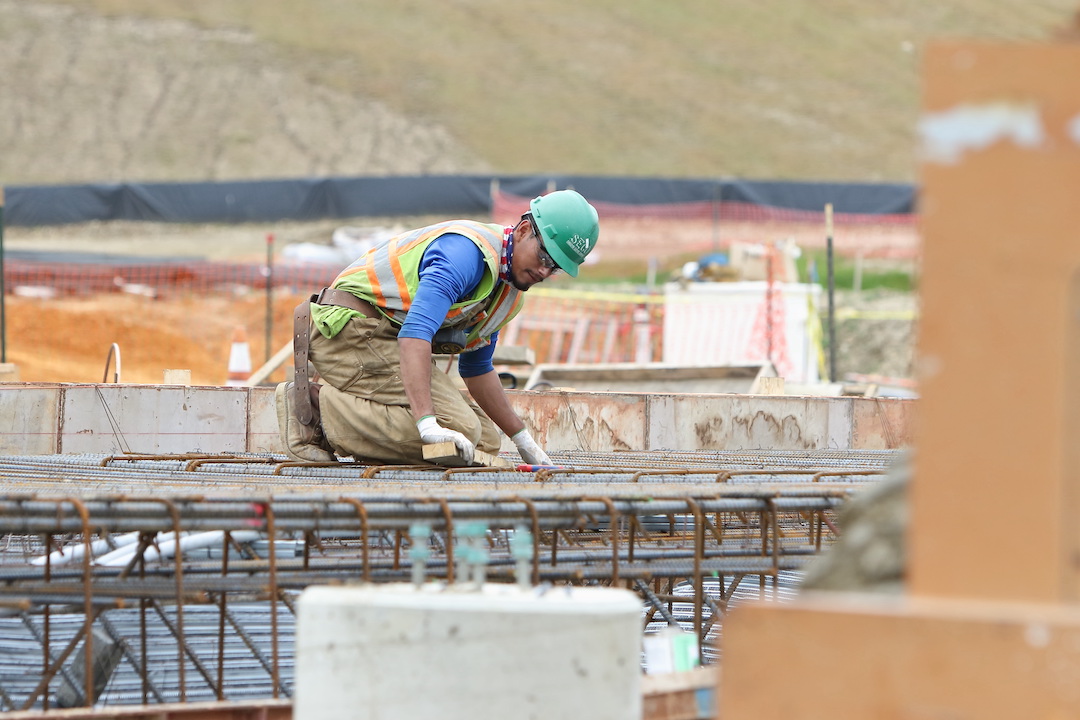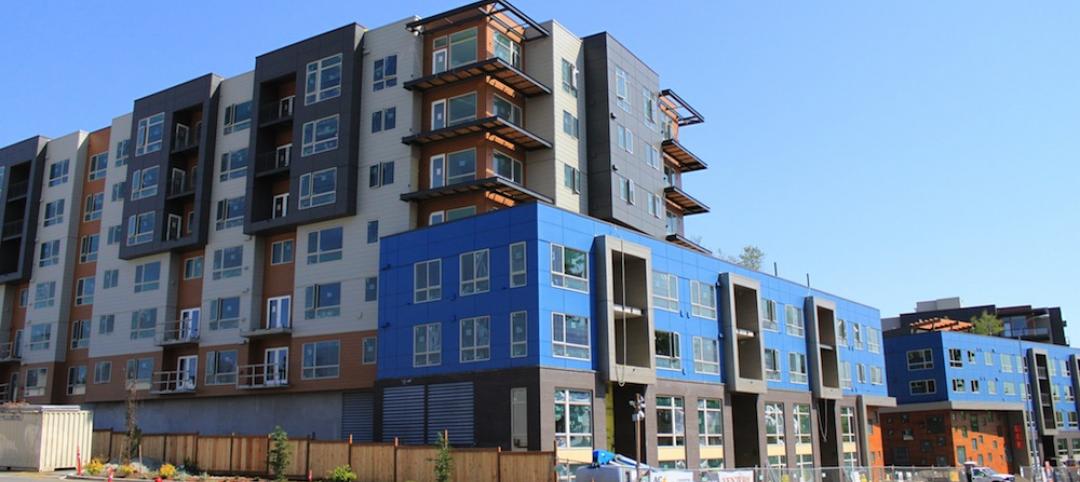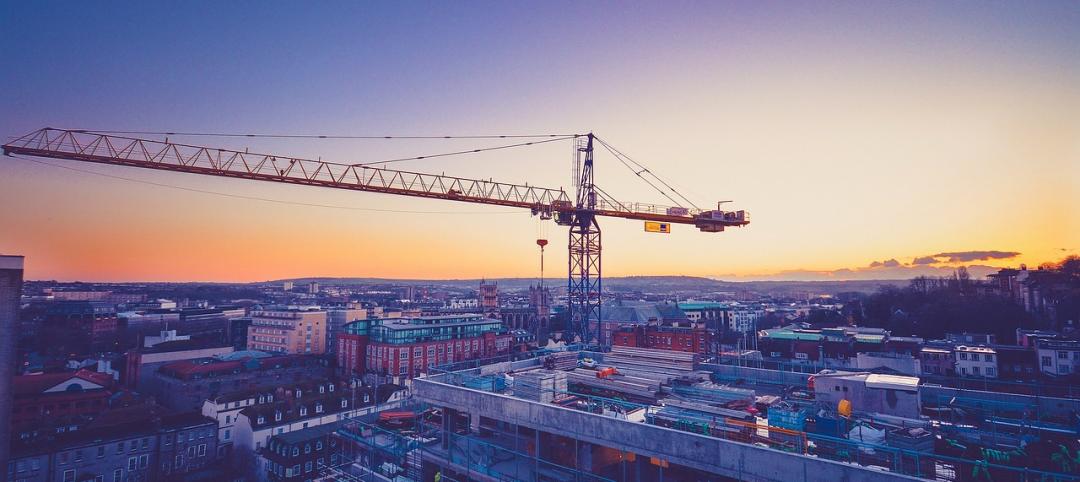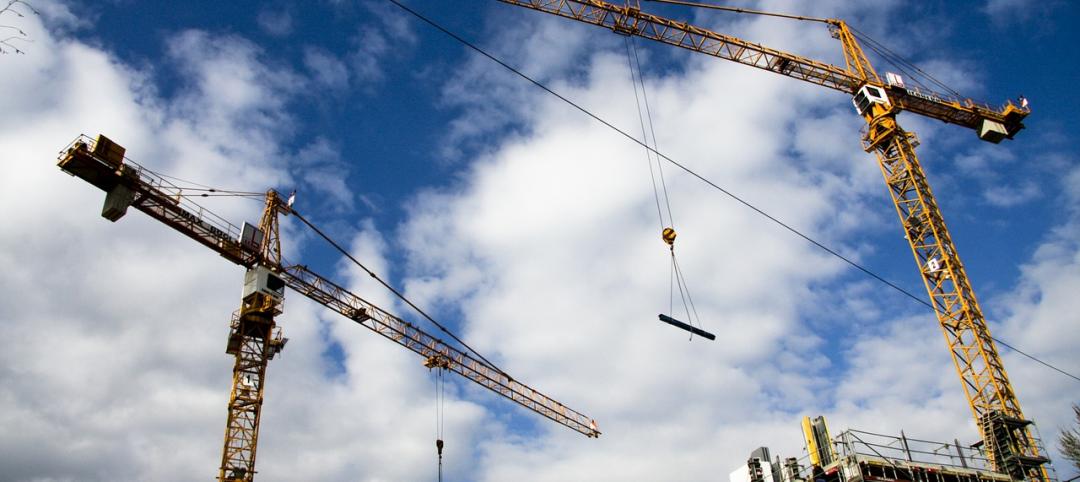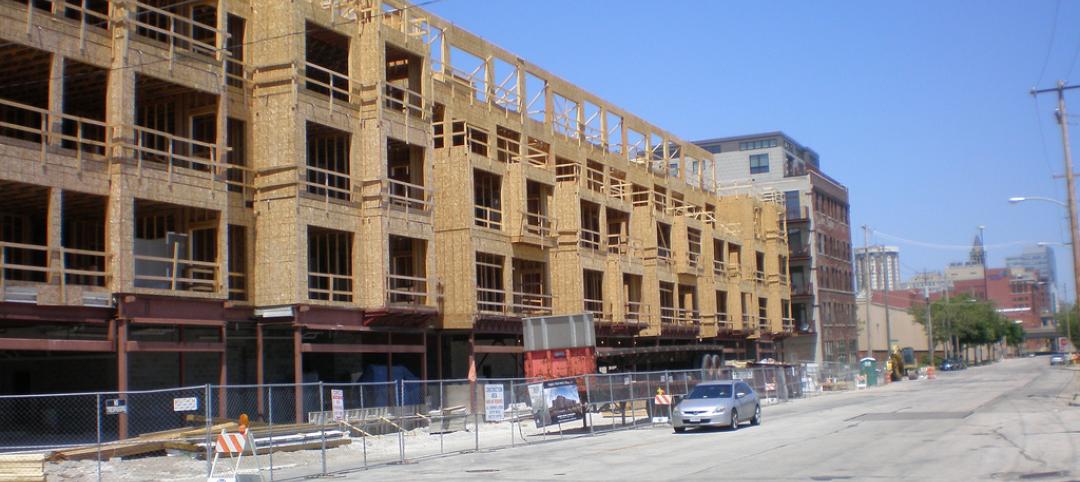Total construction spending declined in September for the first time since February, as both residential and nonresidential construction slipped, according to a new analysis of federal construction spending data the Associated General Contractors of America released today. Officials urged the House of Representatives to promptly complete work on the bipartisan infrastructure bill that the Senate passed earlier this year, noting that spending on infrastructure in the first nine months of 2021 fell short of year-earlier levels.
“Spending on projects has been slowed by shortages of workers and materials, as well as extended or uncertain delivery times,” said Ken Simonson, the association’s chief economist. “And the extreme rise in materials costs is likely to mean some infrastructure projects will no longer be affordable without additional funding.”
Construction spending in September totaled $1.57 trillion at a seasonally adjusted annual rate, down 0.5% from August. Year-to-date spending in the first nine months of 2021 combined increased 7.1% from the total for January-September 2020. While both residential and nonresidential construction declined from August to September, the two categories have diverged relative to 2020 levels. Residential construction spending slipped 0.4% for the month but was 24.5% higher year-to-date. Combined private and public nonresidential construction spending decreased 0.6% in September and 5.8% year-to-date.
Most infrastructure categories posted significant year-to-date declines, Simonson pointed out. The largest public infrastructure segment, highway and street construction, was 1.3% lower than in January-September 2020. Spending on public transportation construction slumped 6.8% year-to-date. Investment in sewage and waste disposal structures was the sole exception, rising 4.3%, but public water supply projects dipped 0.9% and conservation and development construction plummeted 19.5%.
Other types of nonresidential spending also decreased year-to-date, Simonson added. Combined private and public spending on electric power and oil and gas projects declined 2.5%. Education construction slumped 10.1%. Commercial construction--comprising warehouse, retail, and farm structures--dipped 1.7%, as a 13.2% plunge in retail construction outweighed a 12.0% hike in warehouse structures. Office spending fell 9.2% and manufacturing construction inched down 0.2%.
Association officials said the almost ubiquitous downturn in infrastructure spending shows that enactment of the Bipartisan Infrastructure bill that already passed in the Senate is urgently needed. They said each day’s delay is putting the nation further behind in unclogging supply chains and enhancing competitiveness.
“This legislation advances the policy priorities that members of both parties have long said they want,” said Stephen E. Sandherr, the association’s chief executive officer. “It is disgraceful that both sides are still holding these projects hostage while sorting out other priorities. Construction workers, businesses, and the public deserve better.”
Related Stories
Hotel Facilities | Jan 13, 2016
Hotel construction should remain strong through 2017
More than 100,000 rooms could be delivered this year alone.
Market Data | Jan 6, 2016
Census Bureau revises 10 years’ worth of construction spending figures
The largest revisions came in the last two years and were largely upward.
Market Data | Jan 5, 2016
Majority of AEC firms saw growth in 2015, remain optimistic for 2016: BD+C survey
By all indications, 2015 was another solid year for U.S. architecture, engineering, and construction firms.
Market Data | Jan 5, 2016
Nonresidential construction spending falters in November
Only 4 of 16 subsectors showed gains
Market Data | Dec 15, 2015
AIA: Architecture Billings Index hits another bump
Business conditions show continued strength in South and West regions.
Market Data | Dec 7, 2015
2016 forecast: Continued growth expected for the construction industry
ABC forecasts growth in nonresidential construction spending of 7.4% in 2016 along with growth in employment and backlog.


